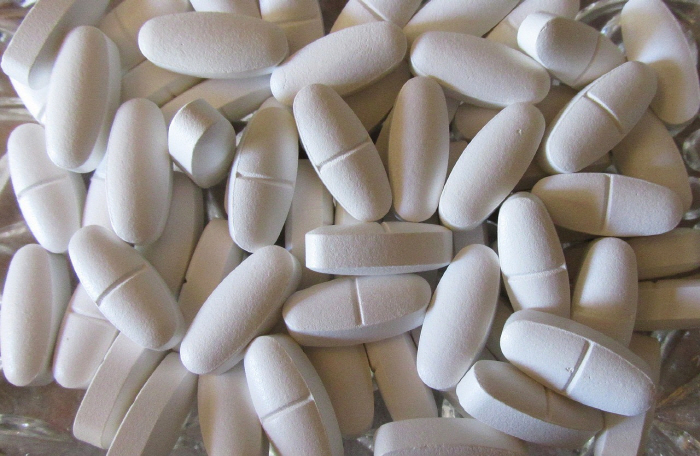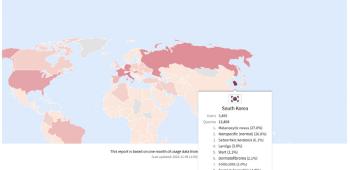Up to 58% lower risk of colorectal cancer when taking vitamin D...If you eat too much, it's poison
Apr 22, 2025
|
Researchers at Budapest Medical School in Hungary recently published the findings in the international journal Nutrients.
The researchers analyzed 50 previous studies of 1,305,997 adults.
As a result, it was found that those who consumed the most dietary vitamin D (80 ng/ml) had a 25% lower risk of colorectal cancer than those who consumed the least (10 ng/ml).
In addition, according to data from the Nurses'Health Study, a large-scale long-term study in the United States, women with the highest vitamin D intake (477 IU/day) had a 58% lower risk of colorectal cancer than women with the lowest vitamin D intake (76 IU/day).
In the Iowa Women's Health Study in the United States, the group with the highest calcium and vitamin D intake (618 IU/day) had about half the risk of colorectal cancer compared to the group with the lowest intake (159 IU/day). This was similar in a study conducted in Spain.
In this regard, the researchers suggest that vitamin D plays an important role in the prevention and treatment of colorectal cancer""Vitamin D is believed to play an important role in suppressing cancer cell proliferation and inflammation, killing cancer cells, and regulating immune responses. "
In addition, "Some studies have shown that vitamin D may help reduce the risk of colorectal polyps, especially high-risk adenomas," he said.
Accordingly, doctors should recognize the role of vitamin D in the prevention and treatment of major diseases and inform patients about its benefits, the researchers argued.
Meanwhile, vitamin D is also called 'sun vitamin' and is an essential nutrient for bone health and maintenance of immunity. It plays an important role in promoting calcium absorption, enhancing immune function, and affecting mood control.
Foods rich in vitamin D include salmon, mackerel, tuna, mushrooms, egg yolk, milk and yogurt.
However, vitamin D is fat-soluble, so excessive intake may cause side effects such as hypercalcemia, so be careful about intake.
In addition, there are concerns about kidney stones, vomiting, weakness, constipation, diarrhea, loss of appetite, decreased central nervous system, and inflammation of the eyes, and women with potential pregnancy can cause deformities, so care should be taken.
According to Korean vitamin D nutritional intake standards, the sufficient intake of adults over 50 years of age is 10㎍ (400 IU), and all below that is 5㎍ (200 IU). Pregnant women and lactating women need 5 μg more.
This article was translated by Naver AI translator.














